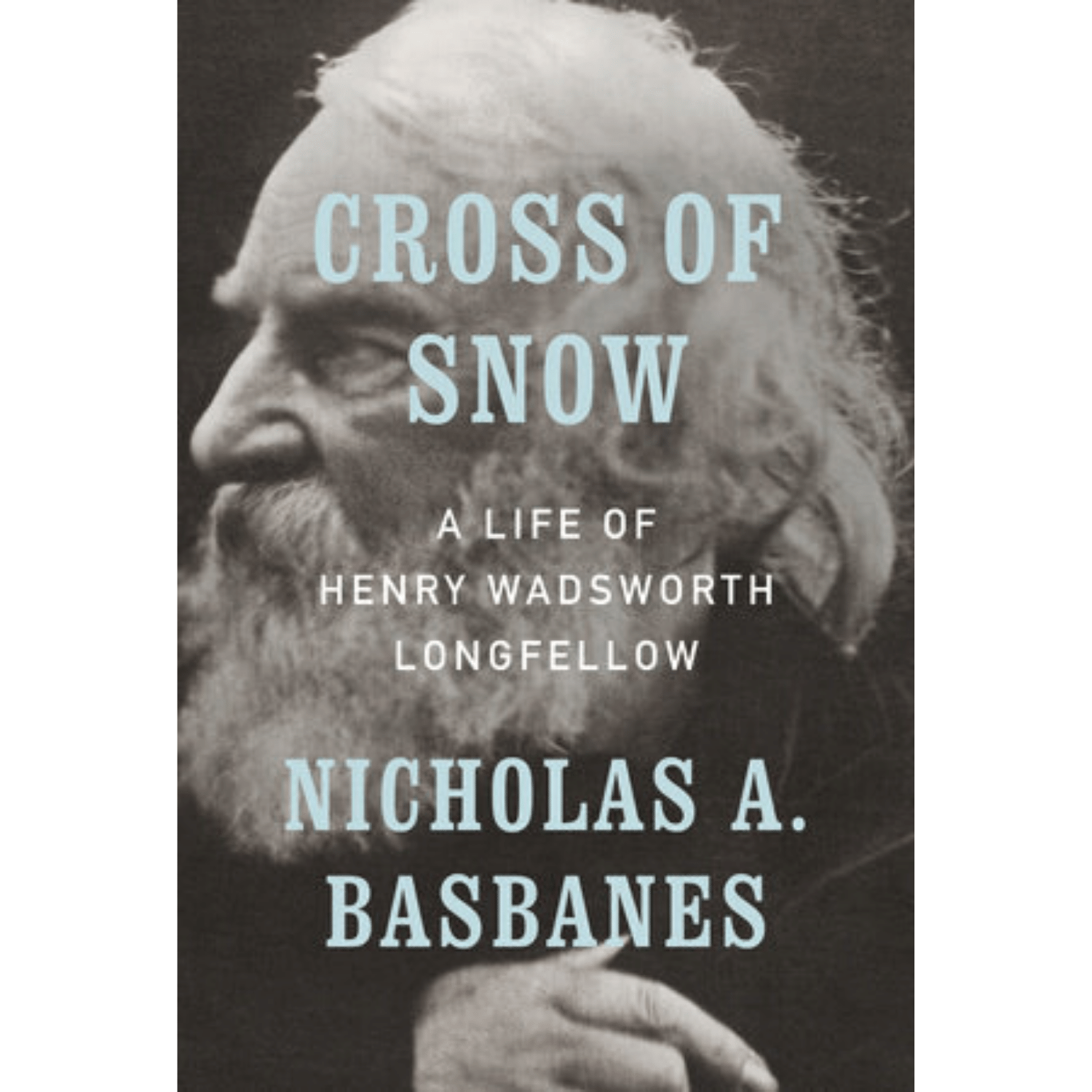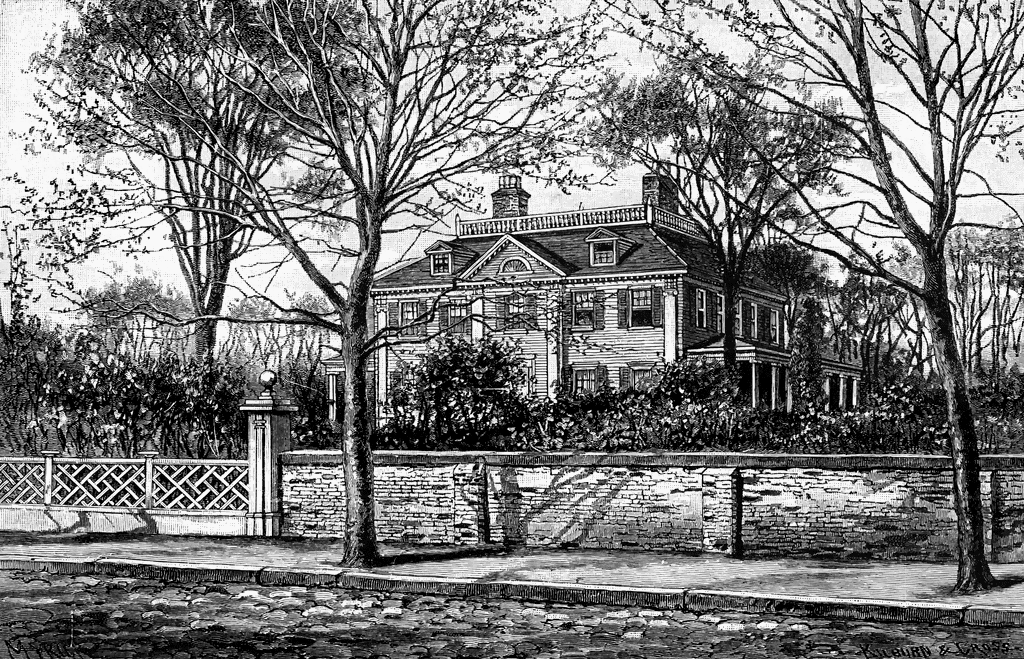. . . . Basbanes’s book overflows with interest for the literary,
material and political historian of the US in the 19th C. The
interest begins right at the start of the Introduction, in which Longfellow’s
trajectory and fate are traced within the literary ‘canon’ critical
establishment within, and without, academe.
Ten years ago surely, I would never have guessed that Longfellow would
be rehabilitated as worthy by serious literature, but he has been.
All lives have tribulations, at least back before the
medical advances of the later 20tht century. Still, a very few led golden lives, and were
also decent human beings, whom it was a joy to know, despite losses of loved
ones to disease and childbirth.
Longfellow suffered grief due to losing those he loved, early in their
lives, such as his first wife. But
still, like Walter Scott, he lived at time when it was nearly paradise for
prosperous white men.
The story begins in Portland, Maine; of which Longfellow was
a life-long proud and loyal scion, presenting
a cultural history of New England through his life time. Though not born into
it, he joined that generational education-prizing Bostonian wealthy cultural
and literary elite, which meant then, the literary elite of the nation. Our
first recognized commerical publishers and editors were his friends before they
became publishers, like Ticknor and Fields. To have all doors open to
one at all times, wealth is very much the key. Longfellow’s father-in-law was
the vastly wealthy fellow who pulled off industrial espionage, i.e. theft of propriatory
information and design, from the textile factories of England, to institute the
factories of Lowell, MA. Marrying into serious money is always a good move that
improves life, even when already a popular eligible bachelor, a successful prof
at Harvard, and published, prosperous money-making author.
Politically, Longfellow was mildly centerist all his life, which didn’t prevent a close life-long friendship with radical abolitionist-to-be, Charles Sumner. Nor did it prevent him from writing the lines that concluded his very popular, The Building of the Ship (published 1849), that made President Abraham Lincoln weep:
Thou, too, sail on, O Ship of State.
Sail on, O Union, strong and great!
Humanity with all its fears,
With all the hopes of future years,
Is hanging breathless on thy fate!
I confess, that in These Times, particularly after watching
the Democratic Nominating Convention these last three days and hearing
non-insane people speaking to a national audience, the lines make me weep too,
as we all hardly even dare for “hopes of future years” in any way that we have
known in the past.
Cross of Snow, like such earlier biographies that have so
delighted me, such as The Peabody Sisters:Three
Women Who Ignited American Romanticism by Megan Marshall. Sophia Peabody
was so much more interesting before she married Nathaniel Hawthorne, who was a
Bowdoin schoolmate and later friend too, of Longfellow. Or, The Beechers by Milton Rugoff, an examination of the family.
These provide the deeply engaging immersion that does a really fine historical
family saga, such as that of Winston-Graham’s Poldark Saga.
These kinds of books are inspiring, antidotes to the gorge of disgust,
revulsion and despair about the USA and its history engendered by all these
criminals in the news these days. They remind us there is a side of light after
all to our past, that shone brilliantly in many locations -- in great
opposition to the dark of Slaveocracy and those who made the War of the
Rebellion -- and the Slaveocracy's descendents, these monsters from Lovecraft
who are about nothing but ugly, hate, murder, pillage and destruction.



No comments:
Post a Comment